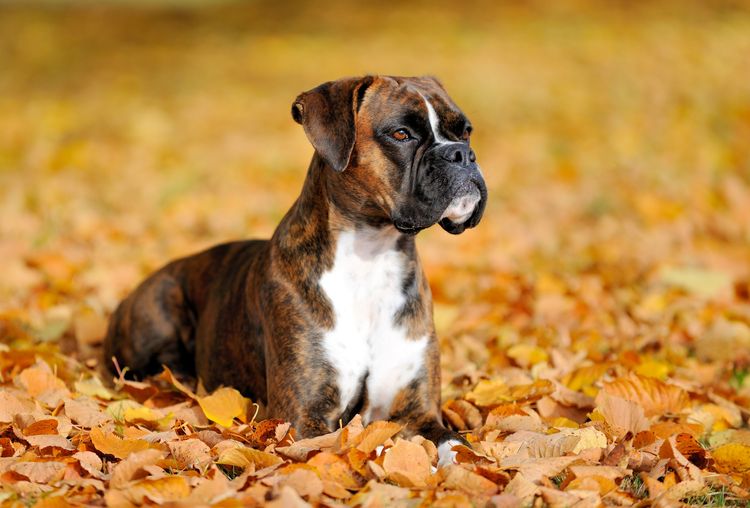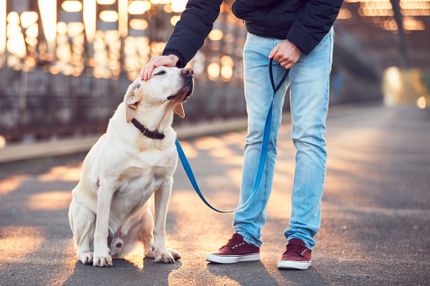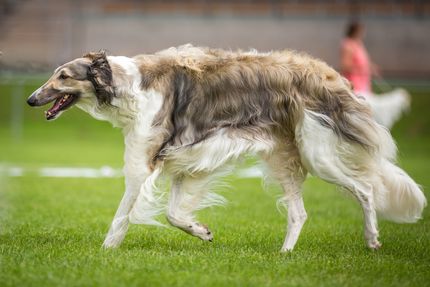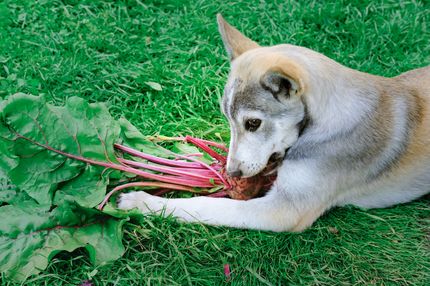Respiratory diseases in dogs - bronchitis and Co recognize and combat
Does tea help when the dog coughs?
Cough, fever, hoarseness, you have a lot of choice to suffer especially in the cold season. But even your four-legged darling is not immune to having to deal with respiratory illnesses or falling ill with pneumonia. Here you can find out everything you need to know about the development of these illnesses, the symptoms and how your dog can get fit and healthy again.
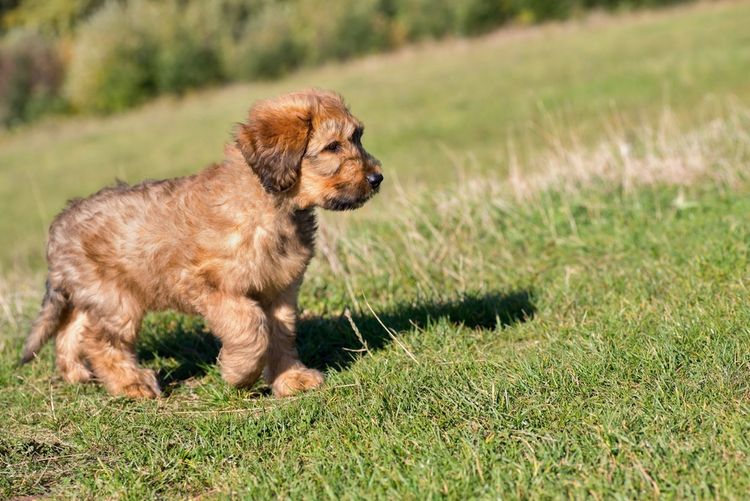
Cold weakens the immune system
Have you ever wondered why so many people suffer from infectious diseases just in time for the onset of winter? The answer is quite simple: the winter cold weakens our immune system and our bodies are particularly susceptible to viruses and bacteria during the cold season. It's the same with your dog. His immune system weakens and bacteria spread especially easily when you take your four-legged friend for a walk, visit a dog school with your darling or let him run around in the dog zone. In short, wherever many dogs meet together, there is a great risk of your pet becoming infected and suffering from bronchitis. In fact, the disease is just as contagious in dogs as it is in us humans.
Not all coughs are the same
Coughing is an innate protective reflex in your dog. Coughing clears the airways of secretions and foreign bodies. However, if your dog coughs for a long period of time in winter, has a fever and seems tired, the cough is usually due to an inflammation of the trachea, larynx or bronchi.

Basics and causes of bronchitis
- infection descending from the nasopharynx
- Accompanying infection in other infectious diseases
- effects of chemical stimuli
- Kennel cough
- Allergies
- parasites
- Fungal infection
Infectious bronchitis is usually viral, but secondarily a bacterial infection can graft on.
Symptoms and diagnosis of respiratory problems in dogs
The disease manifests itself with the following symptoms:
- Cough
- Fever
- Loss of appetite
- fatigue
- vomiting viscous mucus
- high need for sleep
The diagnosis is sometimes not so easy to make. After all, your dog cannot give any information about his complaints. The veterinary surgeon will conduct a detailed anamnesis interview with you and will ask you to describe your dog's symptoms and behaviour in detail. If the doctor listens to your animal with a stethoscope, he will hear rattling breathing noises.
Persistent complaints
If the symptoms persist for a long period of time, the veterinarian will suggest further testing. These include a blood test to detect antibodies and a swab from the nasopharynx to determine if viruses or bacteria are the cause of the illness.
X-ray and bronchoscopy
If it is suspected that your dog is suffering from pneumonia, a malformation or chronic processes, an x-ray or bronchoscopy will help to make the diagnosis. To be honest, a bronchoscopy is rarely performed because the dog has to be given a general anaesthetic.
Therapy and prevention
The vet will prescribe cough syrup and expectorants for your pet. If the cause is bacterial, your four-legged friend will also be given antibiotics - after all, you don't want the respiratory illness to turn into pneumonia.
How to help your dog
In addition to drug therapy, you can support your four-legged friend with targeted measures so that he quickly becomes active again. A warm scarf around the neck is good for him and the intake of plenty of fluids is important. Unsweetened sage tea and unsalted chicken soup are not only tasty, but also contribute to a faster recovery because they thin the mucus. Then your pet can cough up better. Homeopathic remedies will not harm your pet, but if antibiotics are given at the same time, you should consult and agree with the vet. What applies to humans also helps your dog: plenty of rest and avoidance of stressful situations are just as important as the use of a chest harness instead of a leash, because in this way you avoid additional irritation.
